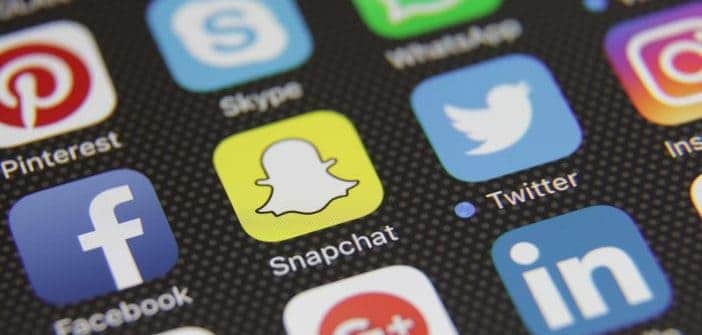Just when you think you’ve got the latest social media platform figured out (Snapchat, anyone?), another one pops up. While the long-term favorites of Facebook, Twitter, Instagram, and Pinterest don’t seem to be going anywhere anytime soon, something new is quickly becoming more popular – messaging apps.
The two most popular messaging apps are Facebook Messenger and Whatsapp (which Facebook purchased in 2014). According to a report by The Economist, nearly one billion people use each of these apps every month.
Why are people using messaging apps to communicate instead of a Facebook or Instagram post? The consensus seems to be that people are looking for more personal, private ways of communicating with each other. They still want to be social but are less interested in having a large number of people see every post. Considering how many Facebook “friends” we haven’t spoken with in years, this makes sense.
While jumping on every social fad isn’t effective, messaging apps are already widely used and appear to have staying power.
According to Ash Read of Buffer, “As we progress through 2016 and beyond, we’ll start to notice most social activity is no longer going to happen in public, instead transitioning to private groups and messaging apps. This represents a significant change in what ‘social media’ is.”
What does this new trend mean for your church?
#1: Your church’s existing social media accounts are still useful
If your congregation is already sharing and engaging with posts from your social media accounts, keep using those avenues of communication. Use these accounts to communicate to your congregation as a whole and to present your church to the community. After all, Facebook is still the most popular social media platform with over 1 billion daily active users.
#2: Consider how to use technology to connect with first-time guests
If Susan is new to your church, she’s more likely to keep coming back if she connects with a few people right away. Depending on the size of your church, that might be difficult to accomplish. If you provide a way for her to quickly connect with existing small groups or others with similar interests, she’s likely to make friends much sooner. A messaging app could provide that connection point.
#3: Make it easy for people to stay in touch throughout the week
Which would you prefer: Posting to your church’s Facebook page asking people to pray for your sick grandmother or sending a message to your small group to make that same request? You’d probably feel more comfortable sharing that request with people you have a strong relationship with and know will support you in prayer. Those in your congregation likely feel the same way.
In addition, a messaging app makes it easy for small group members to coordinate details for their upcoming dinner, worship band volunteers to discuss next week’s set, and more.
Messaging apps provide an avenue for people to have quick, informal discussions throughout the week.
“How should I handle this situation at work?”
“What faith-based podcasts do you listen to during your commute?”
Social media doesn’t really fit this since it’s not as targeted and may not feel as personal.
#4: Note the advantages of messaging versus social media
Who handles the setup and maintenance of your church’s social media accounts? That’s likely the responsibility of a staff member. If your church also has several Facebook Groups for various ministries, someone on staff is probably facilitating those as well.
A messaging app could potentially replace Facebook Groups. Instead, your team can provide the capability for people to communicate via a messaging app without the need for staff to oversee it.
Also, think about someone who just became a new member at your church. He might hesitate to become Facebook “friends” with people he just met. He might not feel comfortable widely distributing his phone number and email address right away. He’d probably have fewer concerns about chatting with people via a messaging app where his personal contact information is out of sight.
The social media and technology landscape is in a constant state of flux. As leaders, it’s our responsibility to stay alert to what’s coming up next and work with our teams to determine how to respond. While jumping on every social fad isn’t effective, messaging apps are already widely used and appear to have staying power. As we seek to spread the Gospel and make disciples, this is a communication tool we should consider leveraging for the Kingdom.
To see how your church could use a messaging app, check out Aware3’s Chat feature.








Leave a Reply